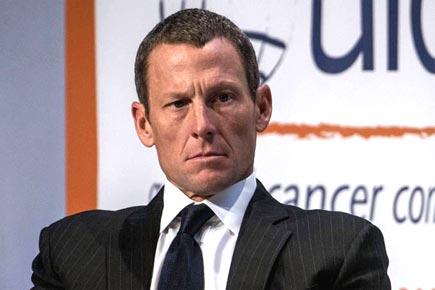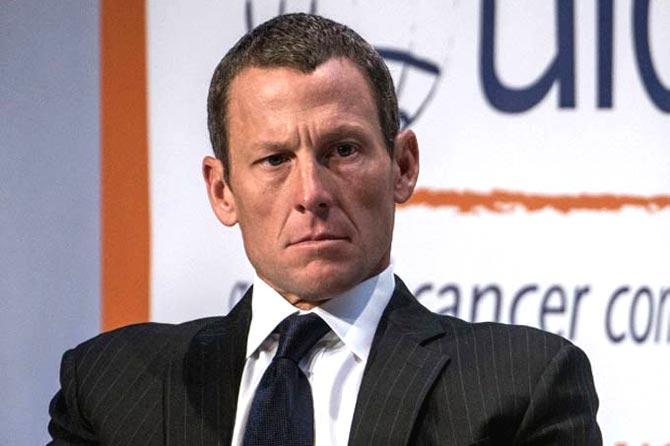Disgraced cyclist Lance Armstrong has said he should be forgiven after suffering a lot of public humiliation for doping and lying, but defended his conduct, insisting he would do it again

London: Disgraced cyclist Lance Armstrong has said he should be forgiven after suffering a lot of public humiliation for doping and lying, but defended his conduct, insisting he would do it again.
ADVERTISEMENT
Armstrong was stripped of his record seven Tour de France titles and banned from the sport for life by the United States Anti-Doping Agency (USADA) in 2012.

Lance Armstrong
"If I was racing in 2015, no, I wouldn't do it again because I don't think you have to," he told bbc.com Tuesday.
"If you take me back to 1995, when doping was completely pervasive, I would probably do it again."
Armstrong began his career as a professional cyclist in 1992 and won the World Championship in 1993. He was diagnosed with testicular cancer in 1996.
But he won the battle against the deadly disease to return to competitive cycling, dominating one of the world's toughest events from 1999 to 2005.
But his successful comeback was marred by doping allegations.
He staunchly denied the claims until USADA released ample evidence of his deliberate wrongdoing in 2012, forcing the 43-year-old to confess his guilt on a US talk show in 2013.
That resulted in his worldwide ban and he chose not to appeal the decision in the Court of Arbitration for Sport (CAS).
"I would want to change the man that did those things, maybe not the decision, but the way he acted," he added.
"The way he treated people, the way he couldn't stop fighting. It was unacceptable, inexcusable."
The after effects of his admission also forced him to dissociate himself from the cancer charity he had founded.
He has since kept himself away from the public eye after worldwide criticism.
He confessed that his life had "thinned out" and "slowed from 100 mile per hour to 10" and he wanted it to return to "50, 55".
Asked if the world was ready to accept his return to public life, Armstrong said: "Selfishly, I would say 'yeah, we're getting close to that time'.
"But that's me, my word doesn't matter any more. What matters is what people collectively think, whether that's the cycling community, the cancer community.
"Listen, of course I want to be out of timeout, which kid doesn't?," the father of five said.
 Subscribe today by clicking the link and stay updated with the latest news!" Click here!
Subscribe today by clicking the link and stay updated with the latest news!" Click here!






